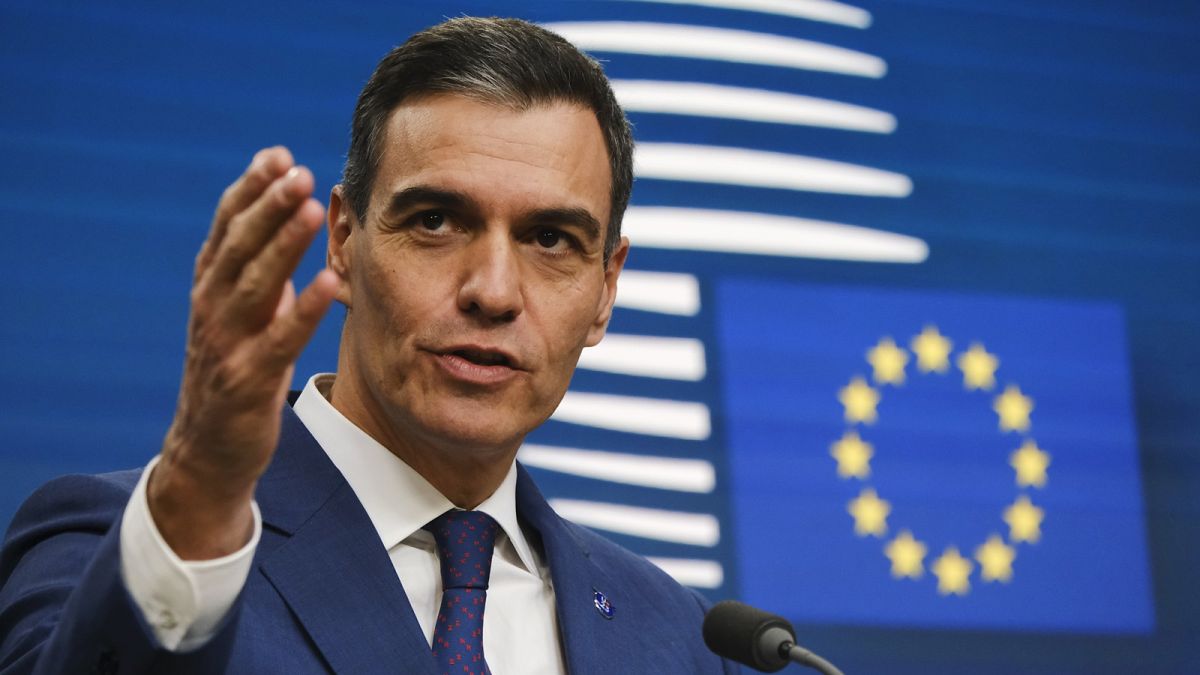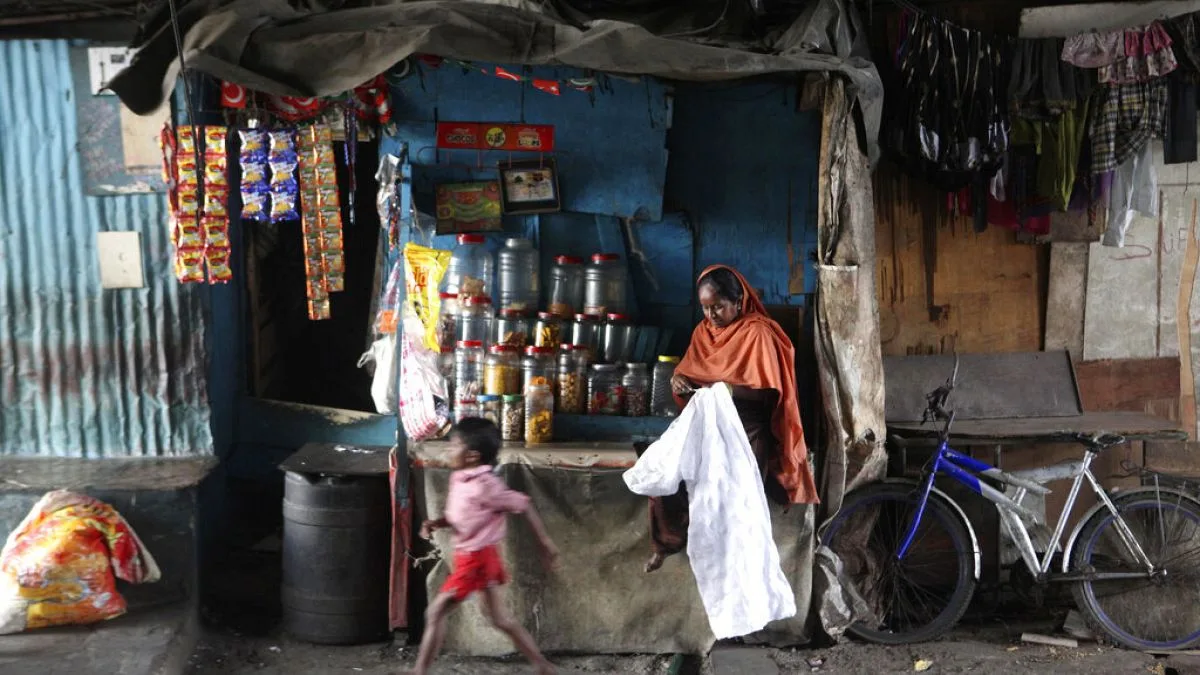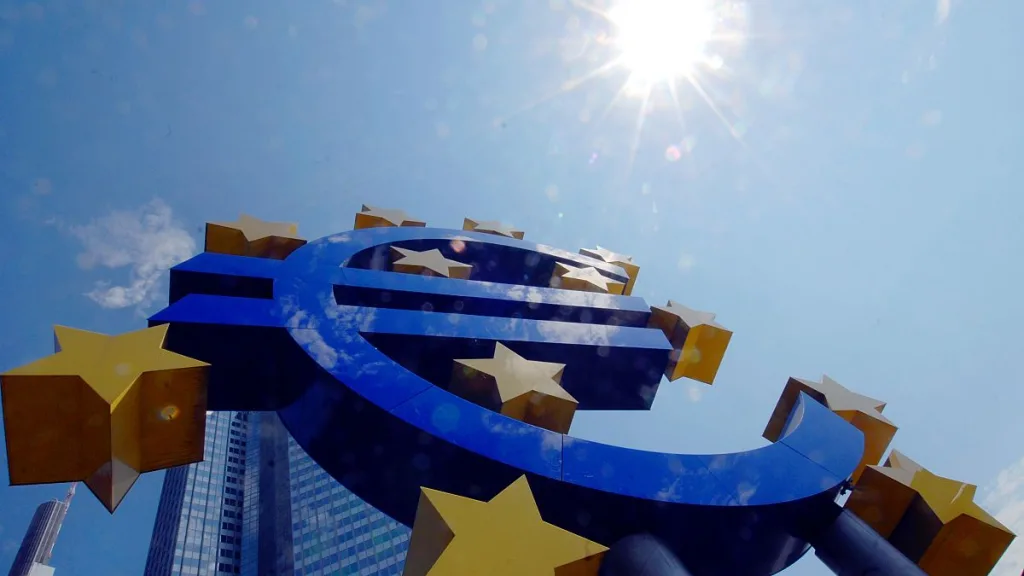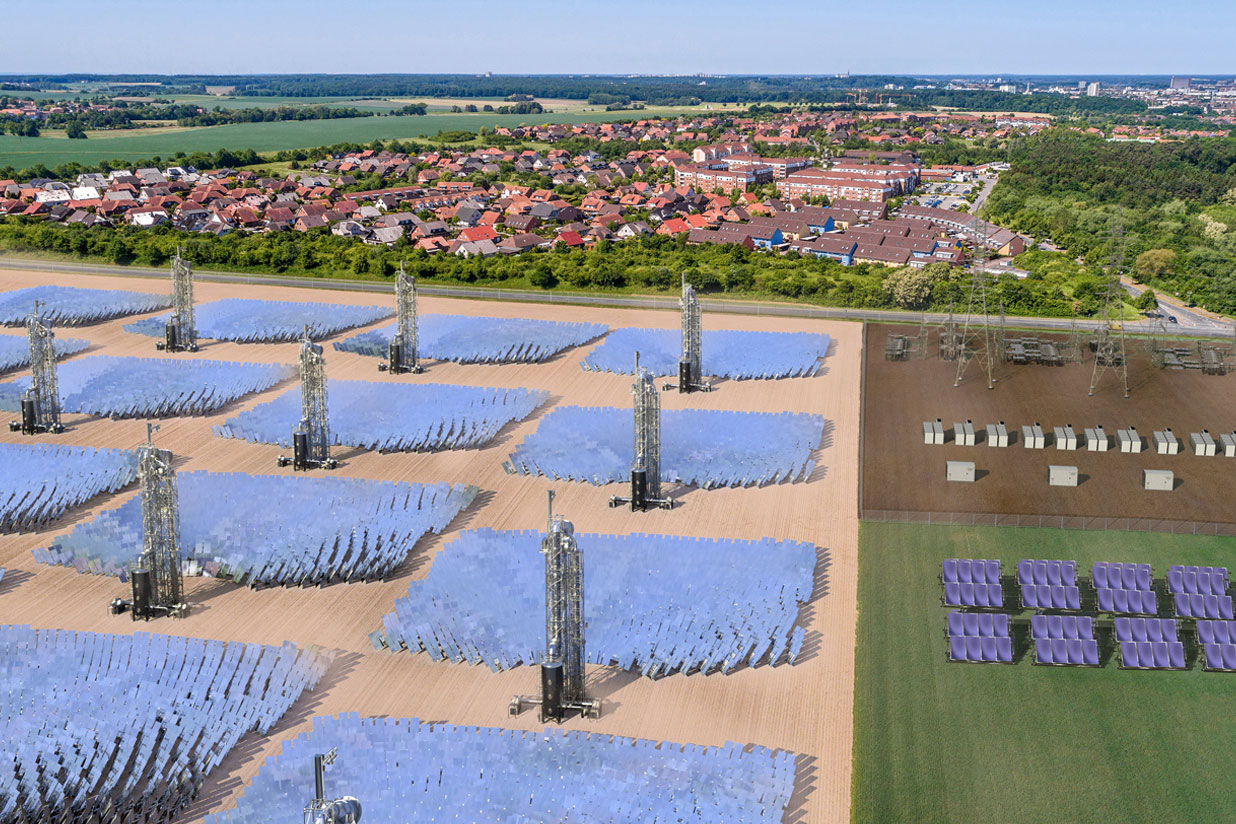“We don’t need another war, especially a trade war. What we truly need is to foster bridges between the European Union and China,” Spanish Prime Minister Pedro Sánchez expressed in Shanghai.
During his visit, Sánchez urged the European Commission and the other 26 EU member states to “reconsider” the proposed import tariffs on electric vehicles manufactured in China. His comments come ahead of a crucial vote that could establish these tariffs for a minimum of five years, revealing underlying political tensions.
The proposed tariffs aim to counteract the substantial subsidies provided by the Chinese government to its electric vehicle sector, which keeps costs artificially low and threatens the competitiveness of European manufacturers. After a prolonged investigation, the Commission identified that public funds are distributed throughout the supply chain, posing risks of unsustainable losses for European companies.
This situation has led Brussels to suggest additional tariffs, ranging from 7.8% to 35.3% based on the brand and their cooperation level in the investigation, adding to the existing 10% rate. The strategy is intended to create a fairer competitive landscape and narrow the price disparity between EU and Chinese producers.
However, Sánchez questions the wisdom of this approach, particularly if it could provoke retaliatory measures against Spain’s vital pork sector. His comments emphasized a need for collective reflection among member states and the Commission regarding their stance on this issue.
“As I’ve mentioned before, we don’t need a trade war that benefits no one. Building bridges between the EU and China is essential,” Sánchez stated, underscoring Spain’s intention to adopt a constructive role in seeking a compromise.
This marks a notable shift for Spain, which has traditionally supported the Commission’s initiatives. Recently, Spain reportedly backed the tariffs during a non-binding consultation in July and was anticipated to continue this support in the impending vote, slated for November.
The upcoming vote is projected to serve as a critical test of the EU’s resolve against what it views as China’s unfair trade tactics. Countries like France and Italy advocate for the additional tariffs, while Hungary leads the resistance. Germany faces immense pressure from its domestic industry, raising doubts within its ruling coalition about the best way forward. A qualified majority will be necessary to prevent the implementation of these duties.
China’s strategy has been characterized as a “divide-and-conquer” tactic, aiming to fracture EU unity and hinder decisions that may harm its interests. The Communist Party prioritizes global leadership in the electric vehicle arena, which Brussels contends drives the generous financial support for domestic manufacturing.
At the same time, Sánchez’s statements coincided with discussions between European Commission and Chinese officials in Brussels regarding the ongoing anti-subsidy investigation and the proposed tariffs.
Pork Caught in the Crossfire
During his press conference, Sánchez highlighted the areas of agreement between Spain and China, stressing the importance of maintaining high-level dialogue. He acknowledged that bilateral relations require “re-balancing” to address the trade deficit concerns faced by the EU and its member countries.
“A trade war would be detrimental for all parties involved,” Sánchez warned reporters.
He reaffirmed Spain’s commitment to playing a “constructive role” in bridging the gap between Brussels and Beijing, hoping for a mutually beneficial “compromise,” though details of such a resolution remain unspecified.
On the matter of potential retaliation against Spain’s pork industry, Sánchez insisted that these issues should remain separate. Notably, China’s Ministry of Commerce initiated an “anti-dumping investigation” in June on imports of “relevant pork and pork by-products” from the EU—just days after the Commission revealed its initial tariff proposal.
This investigation could set the stage for further trade limitations. Spain, along with the Netherlands, Denmark, Germany, and Belgium, stands among the most vulnerable to these repercussions.
Additionally, European exports of brandy are under Beijing’s scrutiny, with provisional duties paused pending the final EU vote on electric vehicles.
“We are surprised that these commercial discussions intertwine with potential repercussions for sectors unrelated to automotive,” Sánchez remarked after his meeting with President Xi Jinping.
“I believe both the Chinese population and its government understand the significance of the pork sector,” he added, assuring that the Spanish government will diligently protect its interests.
During this visit, Sánchez sealed a deal with Envision Group, a Chinese multinational, to construct a $1 billion facility in Spain for manufacturing electrolysers, vital machinery for generating green hydrogen from water.
Photo credit & article inspired by: Euronews



